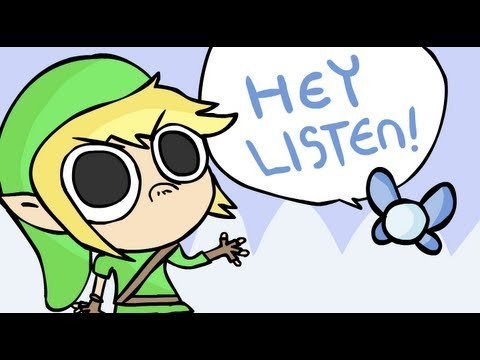
For more on balls, click here.
“Like the handling of balls, the writing of genres is “generalizable” to the extent that written text is handled in similarly ways for similar object(ive)s. A person who can write a footnote in a history paper may find it easier to learn to write a footnote in a chemistry paper than a person who has never written a footnote (though the differences in citation purposes and practices may actually make it more difficult—what second language teachers call “interference.”) (Swales, 1990). But from the Activity Theory perspective I am developing here, there is no autonomous, generalizable skill or set of skills called “writing” which can be learned and then applied to all genres/activities” (Russell Pg. 11)
“From this perspective, adolescents and adults do not “learn to write,” period. Nor do they improve their writing in a general way outside of all activity systems and then apply an autonomous skill to them. Rather, one acquires the genres (typified semiotic means) used by some activity field, as one interacts with people involved in the activity field and the material objects and signs those people use (including those marks on a surface that we call writing).” (Russell Pg. 7)
So I’ll be the first in the class to bring up this great ball analogy and why I love it so much. Before I dive into these quotes like a child would into the ball pit above, I just want to say a few things about the analogy that I’ve been thinking about. For starters I think that this idea applies to so many things outside of just writing that it is insane. Completely blew my mind. When I first read the analogy I kept thinking about fighting video games. I’m fairly decent at Super Smash Bros. and will confidently challenge most people. I’ve put a ton of time into playing that specific game, so I kind of know all fighting games in a sense. I know you want to chain combos as long as possible, rack up as much damage as you can fast, and leave no openings up for your opponent to take advantage of. However, even knowing this, transferring from Smash Bros. to Street Fighter is an impossible task for me. That game is just too damn hard and much more punishing than other fighting games I play. This is basically my interpretation of the Ball analogy. I cant learn one games fighting techniques and know all fighting games techniques. It just doesn’t work like that, and neither does writing.
Now with that first nifty quote up there, I kinda went into that in my example of me playing different games. I have no generalized skill for playing fighting games. What I do have is a specific experience related to Smash Bros., but none in other fighting games. However, I can use my knowledge of things that overlap between the two to learn faster. Like I know from Smash Bros. that if I can combo someone, they can’t fight back. When I play street fighter, I am combo’d to death and can’t fight back. So as I can see, my knowledge of the prior game continues on to this one, but it doesn’t mean I am good, I can just see things that I need to do. I really wish I was good at street fighter though, things people can do are amazing in that game.
But enough about video games, I want to focus on this balls analogy more. I think the second quote is more or less the application of this idea, and the first quote was like the conclusion the author was approaching. This second quote really is something I feel like we are missing in school. I think teachers in the English Department especially, expect people to just know how to write like they want. Yet, I took a creative fiction writing course last semester, having never had the experience before in all my schooling to write a fiction story, and was expected to know all the conventions and strive. Like what? I’ve written 5 paragraph essays and blurbs on blackboard and now am expected to have researched all the factors that go into the various forms of fiction? I was outraged, and ultimately never learned a damn thing about fiction writing. I was just told to write, but not knowing any forms, or no in class practice that the teacher would review and help with, lead me to get harshly criticism from the class and teacher and probably had less training than everyone else in there. I wanted that class so I could have that interaction with that genre in the activity field, but it felt like instead I was just learning how to write a long story that sucked, just to pass a required course. So in that class it felt like I was suppose to play soccer, but all I knew was basketball, and the teacher never taught me the difference. A more focused curriculum based on developing specific techniques found in that genre probably would of aided me in that class, and as a writer in general. Instead I was put off more than ever from writing, which kind of sucked.
But yeah I think this idea is pretty applicable to most things In life, and is super interesting way to look at things that seem simple, yet are so complex.

